Stress isn’t something to fear. The objective isn’t to avoid ever feeling stressed out, but to implement methods in your life that help improve your body’s natural stress responses.
When things get tense and you feel anxiety start to kick in, here are some ways to center yourself.
1. Recognize That You’re Stressed Out

If you’ve begun to notice changes in your body such as recurring headaches, fatigue, increased heart rate and sudden weight gain in your belly, the first thing you should do is ask yourself if you’re stressed over anything.
Evaluate your day-to-day routine and identify any stress.
2. Find Some Accountability

After admitting to yourself that you’re stressed out, admit it to someone else. Choose someone you trust and give this person the freedom to warn you when you’re slipping back into unhealthy habits. Ask them to hold you accountable to the strategy you’ve implemented.
Warning: Make sure your stress isn’t actually caused by these things…
3. Understand The Root Cause

In some cases, the causes of stress come from within. There can be mercury toxicity in the body, gluten allergies, or magnesium and vitamin B12 deficiencies.
It’s important to address any imbalances in your body as well as build healthy habits that teach your body how to rest well.
4. Change Your Diet
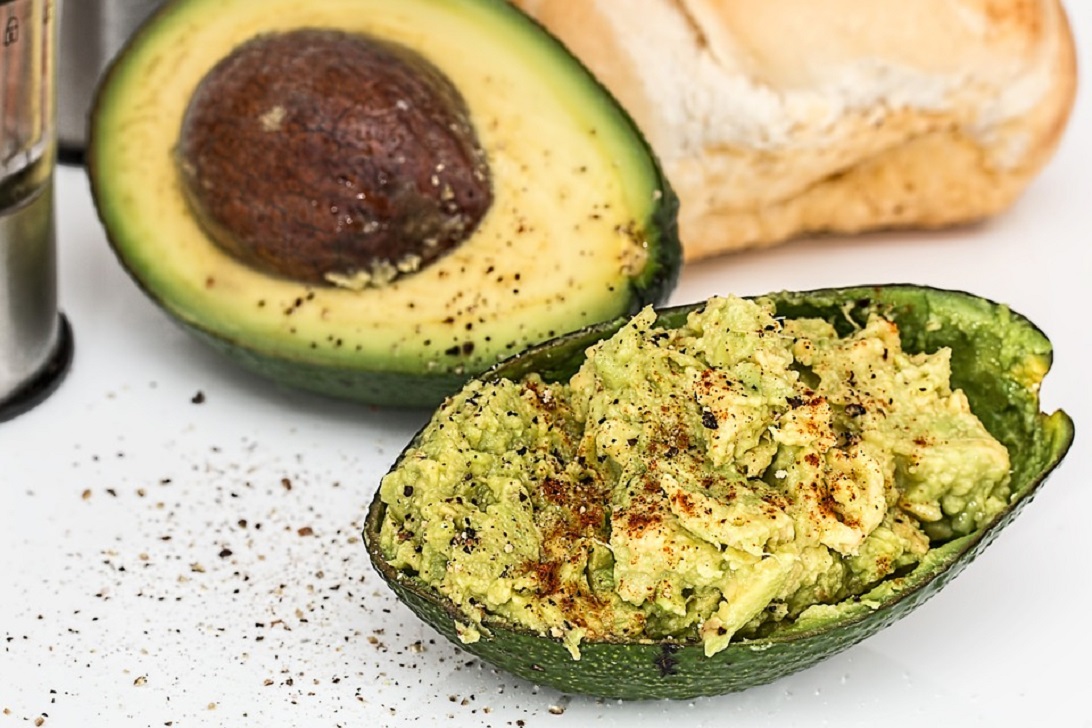
Food is everything. Fueling your body with whole, real foods will bring balance to it. Caffeine, alcohol, refined sugars, and empty carbs starve the body of the things it needs to run well.
Clean protein, healthy fats, leafy and cruciferous vegetables, berries and non-gluten grains balance your hormones and metabolism. This diet will also help you maintain a healthy blood sugar level and restore the damaging impact that stress has had on your body.
Add these things to your shopping cart…
5. Your List Of Supplements For Beating Stress

Alongside the changes to your diet already stated, make sure you’re taking these supplements each day to strengthen your body:
• A multivitamin to help balance your body’s stress response
• Vitamin C
• B-complex vitamin, including B6 and B5,
• Zinc
• Magnesium—this is most important, as it’s considered the “relaxation mineral.”
6. These Potent Teas Are Powerful Stress Reducers And Sedatives

Tea is so therapeutic. Here are some powerful blends proven to reduce stress instantly, putting the body to ease:
• Chamomile teas: Basil, marjoram, sage, or mint
• Tea of elderberry flowers, to bring relaxation to the nerves and induce sleep
• Bee balm, to sedate the body
• Rosemary, to fight depression
• The Native American remedy: Lady’s slipper (decocted), yarrow, mullein, hops, and purslane (decocted)
• Valerian tea, to calm the body and induce sleep
It isn’t only what goes in that matters, but what goes out…
7. Exercise: Burn Off Stress Chemicals

Exercise detoxes the body of harmful chemicals, including stress chemicals. Studies show that a person who exercises regularly won’t need pharmaceutical drugs to treat depression.
Sometimes stress comes when we don’t feel good about ourselves, and we know that we’re unhealthy. Working out helps reduce the stress associated with poor health.
8. Get Creative With Your Lunch Hour

Learning new skills boosts self-esteem and reduces stress. If work is making you anxious, break up your work hours by engaging in something stress-reducing. Sign up for a yoga class, or go get a massage on your lunch. Take a walk somewhere peaceful, maybe even with a co-worker.
Once you get good at taking breaks, throw this into the mix…
9. Force Your Mind To Slow Down

Just because you’ve come home from work doesn’t mean you’ve stopped working. Your mind could still be running at full throttle.
Resist the urge to transfer your brain power from desk work to house work. Do something relaxing at the end of your work day. Try going for a walk in your neighborhood before making dinner or running a therapeutic bath before tackling that to-do list.
10. Eat With Friends

Premature death is linked to isolation. There’s something about community that brings an ease to life. Since stress worsens in isolation, surrounding yourself with people who care about you is key to loosening the grip of stress on your life. Build a good network of support and long-term health will be attainable.
Here’s what your mornings should look like…
11. Meditate Every Morning
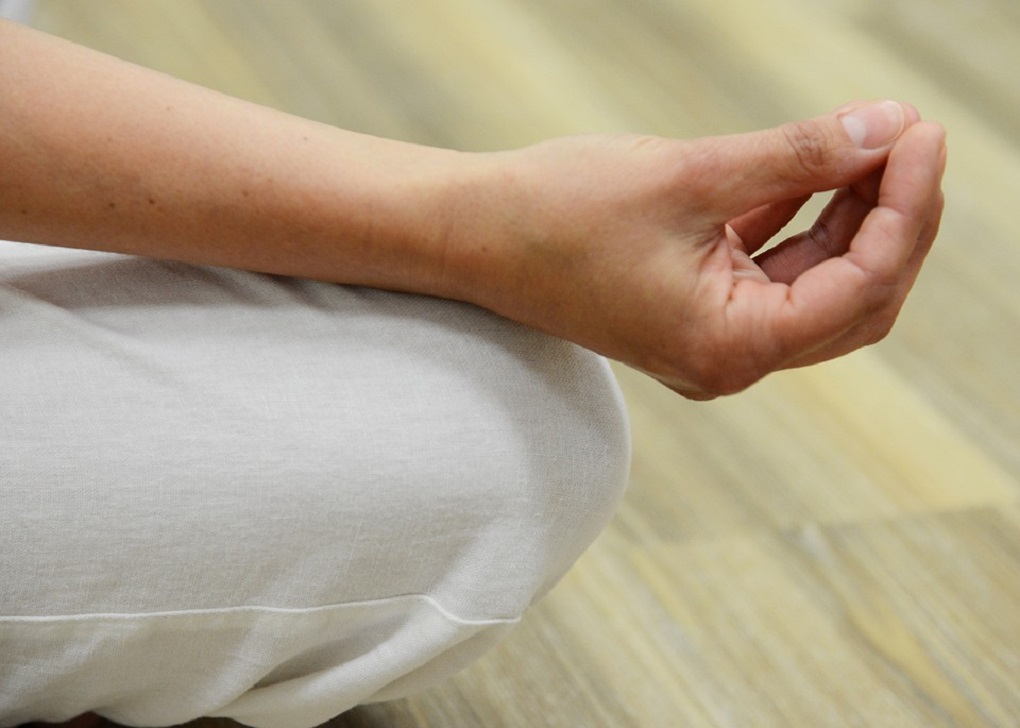
It’s hard to recover an afternoon that’s been thrown off by a difficult morning. A healthy morning routine will set your day up for success.
Set your alarm 30 minutes earlier than usual to meditate. This will help center you for the rest of your day. Your chances of experiencing an anxiety attack after meditating are next to none.
12. Breathe, Just Breathe

Stress causes your chest to tighten and your lungs to hold on to breaths. We respond to anxiety with shallow breathing.
Deep breathing techniques reset the stress response. The vagus nerve, aka “the relaxation nerve,” runs through the diaphragm and is activated every time you take a deep breath.
Take a moment to practice deep breathing. Do you feel a difference?
13. Massage Methods For Anxiety Relief
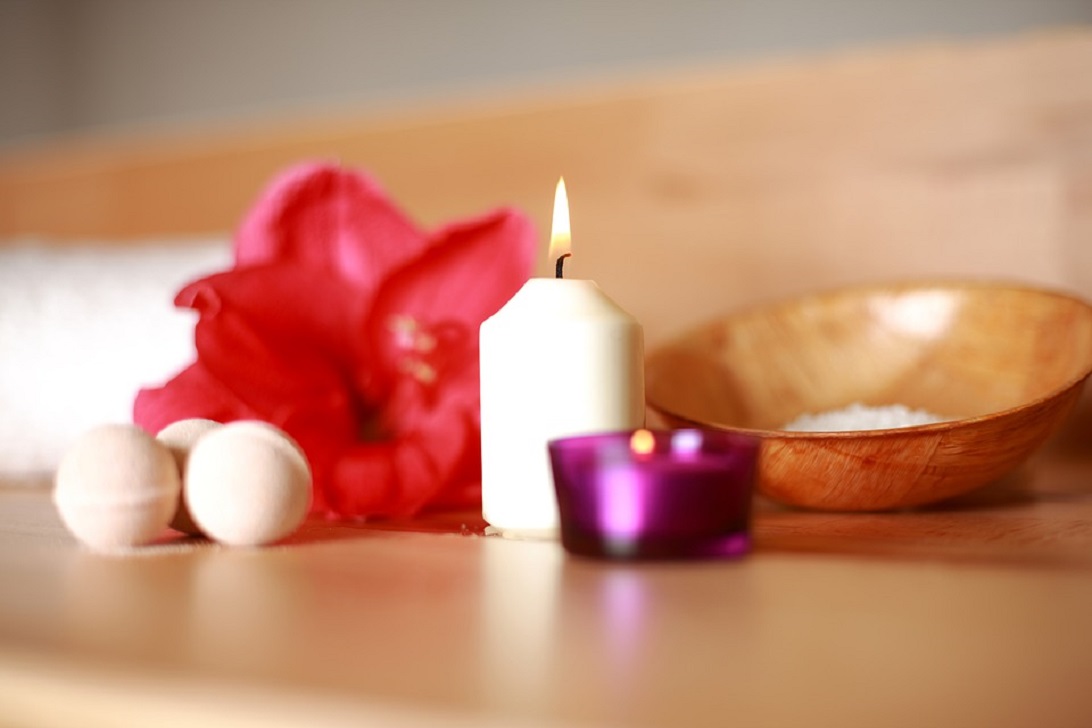
Here are three self-massages for the end of a stressful day.
• Massage a drop of lavender oil into each of your temples
• Add a couple drops of chamomile to a warm bath to help you relax and put you to sleep
• Soak equal parts of dandelions, burdock (the entire plant), yellow dock, and lobelia in 1 quart of rubbing alcohol for two weeks. Apply it externally to the areas of your body that are tense.
Now that you’re relaxed, let’s talk about healthy sleep habits…
14. Sleep: The Magic Number
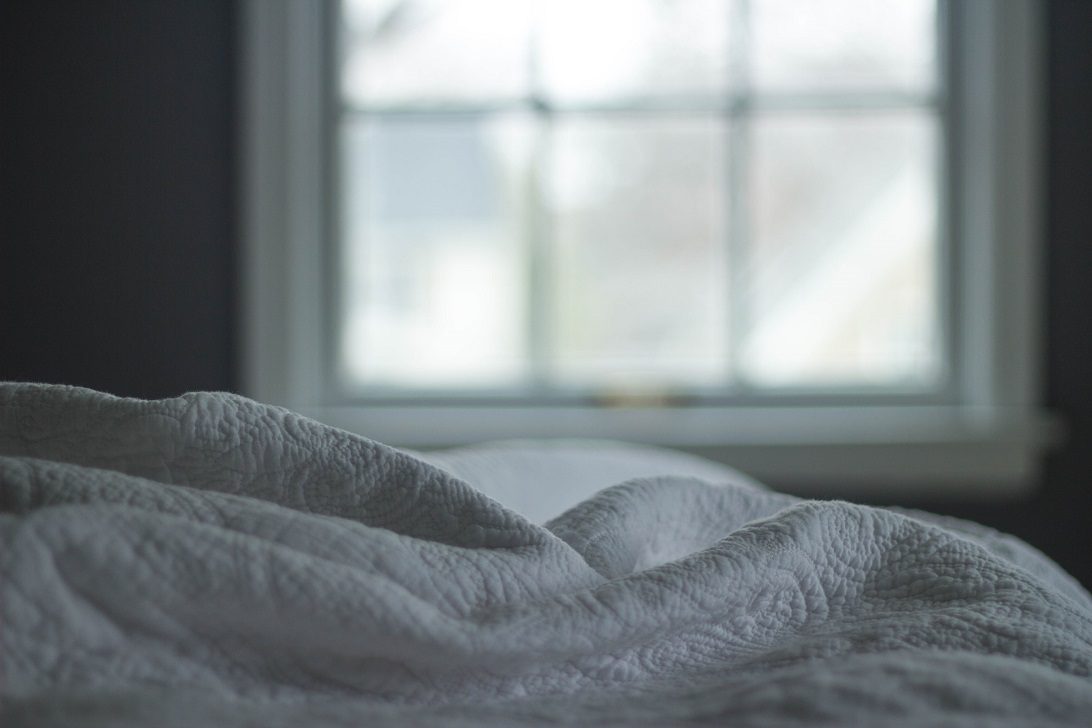
Insomnia is common in the lives of the chronically stressed. One in two adults admit to lying awake at night because of stress.
Therapists recommend going to bed at the same time every night with the aim to sleep at least 7 hours. Televisions and computers should be turned off an hour before your scheduled bed time. Once everything is shut off, engage in something relaxing to lead into your sleep.
Here are some things you can try…
15. The Stress Killing Bedtime Routine
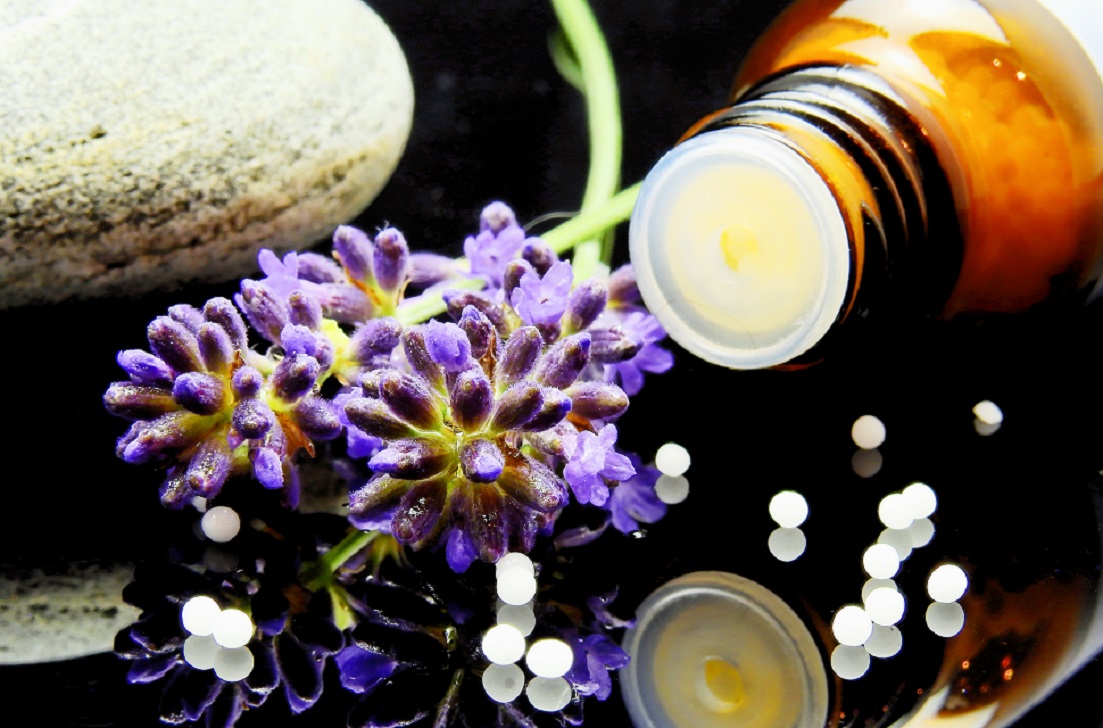
These bedtime routine tips don’t break their promise. They’ll deliver you into a peaceful slumber.
• Store lavender in your linen closet
• Rub a couple drops of lavender oil under your nose
• Sprinkle dill leaves on your pillowcase and iron them gently
• Sprinkle sage on your bed to prevent restless sleep











